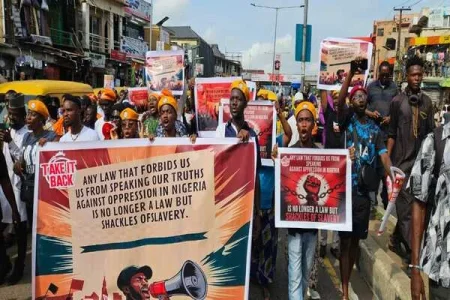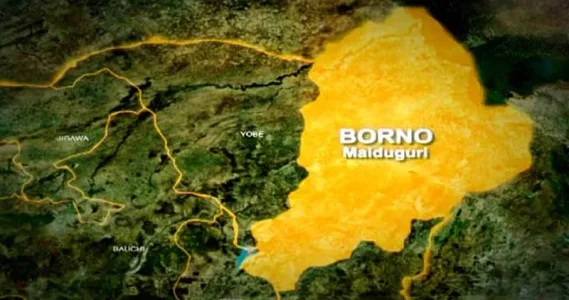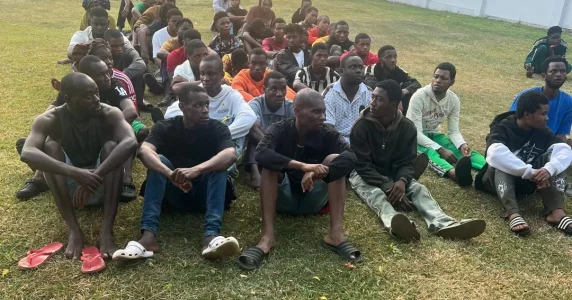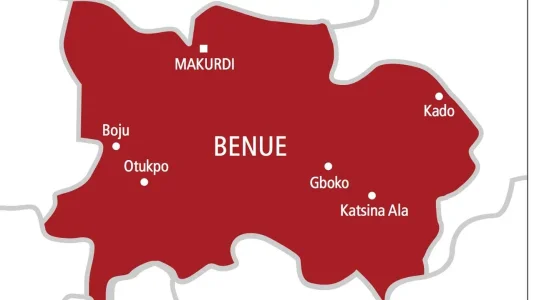
Youths defy police orders to hold nationwide protests, with demonstrations in Lagos, Oyo, and Rivers. The "Take-It-Back" Movement, led by Omoyele Sowore, raised concerns over Nigeria's economy, the Cybercrime Act, and governance issues, resulting in clashes with police in Port Harcourt.
On April 7, 2025, members of the "Take-It-Back" Movement staged protests in major Nigerian cities, including Lagos, Oyo, and Rivers, despite a warning from the Nigeria Police Force. The protests, organized by young activists under the leadership of Omoyele Sowore, sought to highlight a range of grievances, including economic issues, political unrest, and the imposition of a state of emergency in Rivers State.
In Lagos, protesters, identified by their signature orange berets, began their rally at the Ikeja Under Bridge, marching through key roads while chanting solidarity songs. The police closely monitored the protest, which remained largely peaceful. In Oyo State, demonstrators in Ibadan conducted a similar protest without any major incidents, as security forces remained on standby.
However, the situation turned volatile in Rivers State. In Port Harcourt, police clashed with protesters at Isaac Boro Park, using tear gas to disperse the crowds. The demonstrators, who had informed the authorities in advance about their intention to protest, rejected claims that the event was aimed at disrupting National Police Day celebrations. The protesters voiced their frustrations with the state government, particularly calling for the repeal of the Cybercrime Act and the suspension of Governor Siminalayi Fubara, whom they described as an "alien" leader, accusing him of governing illegitimately.
Despite the heavy police presence and attempts to disrupt the protests, activists in Rivers remained defiant, with some journalists among those physically assaulted by law enforcement. The protests, though diverse in their specific demands, reflected widespread discontent with the government, particularly regarding issues of governance, constitutional legality, and economic hardship. Social media reactions, especially from youth groups, have been filled with support for the protesters, further energizing the movement.




